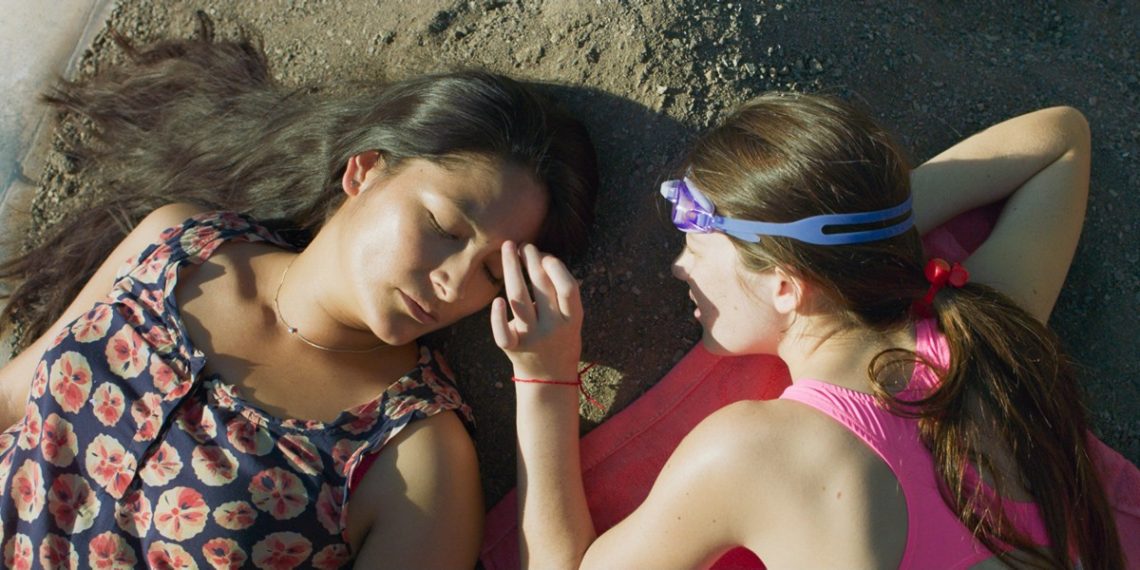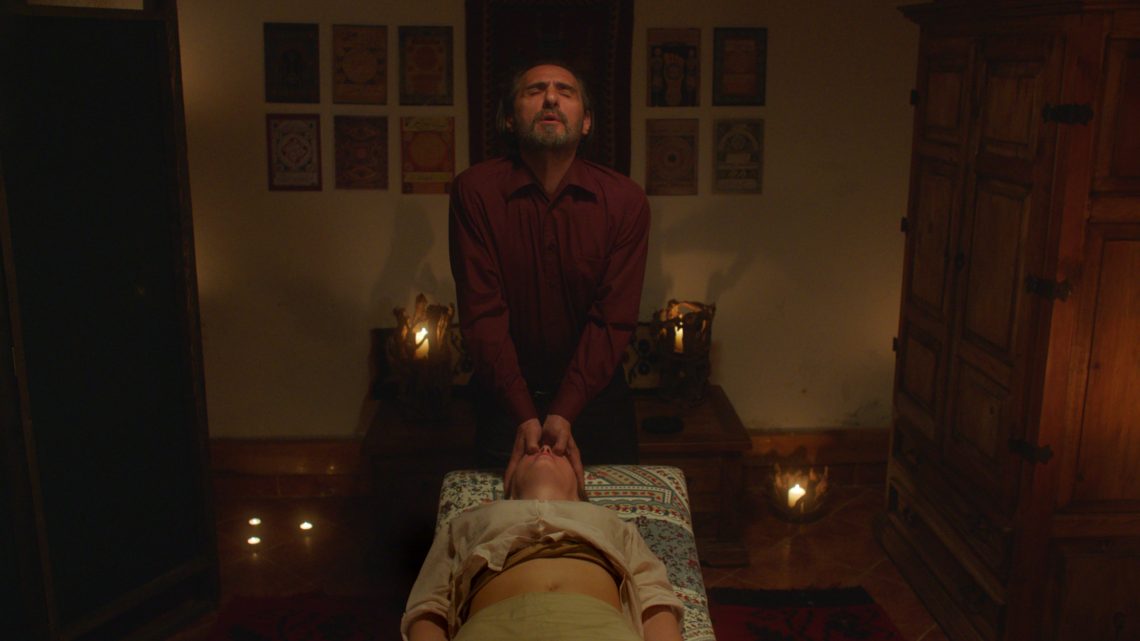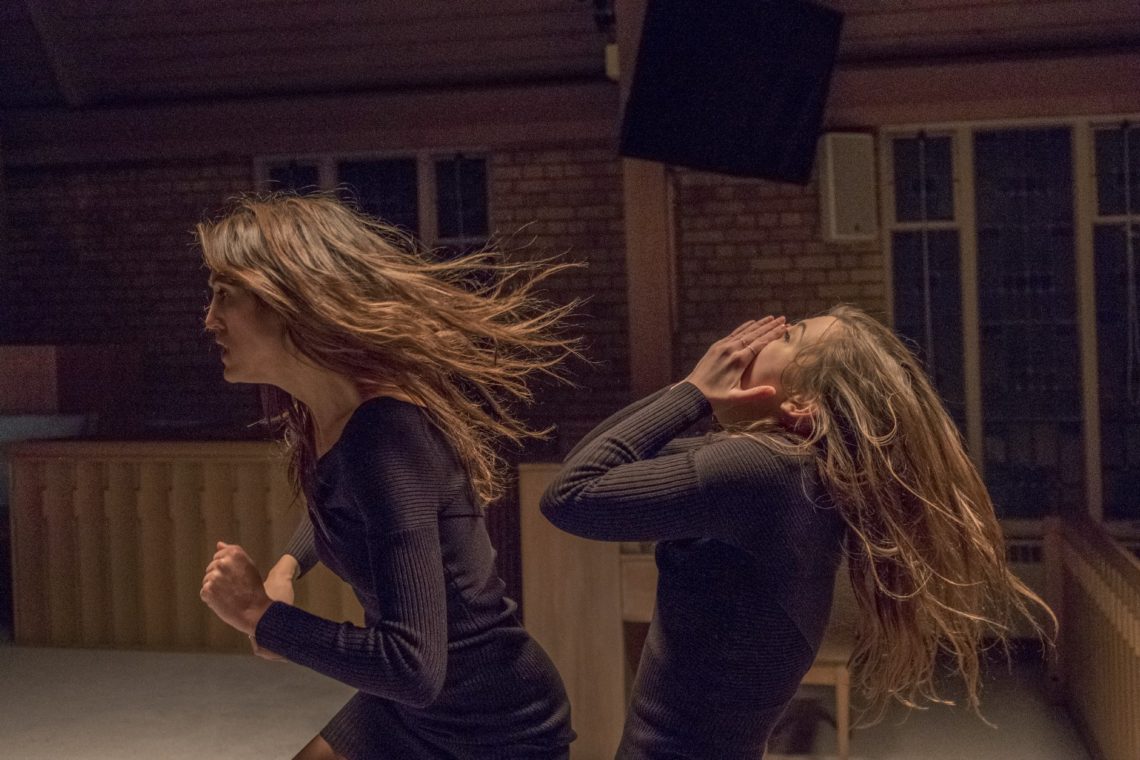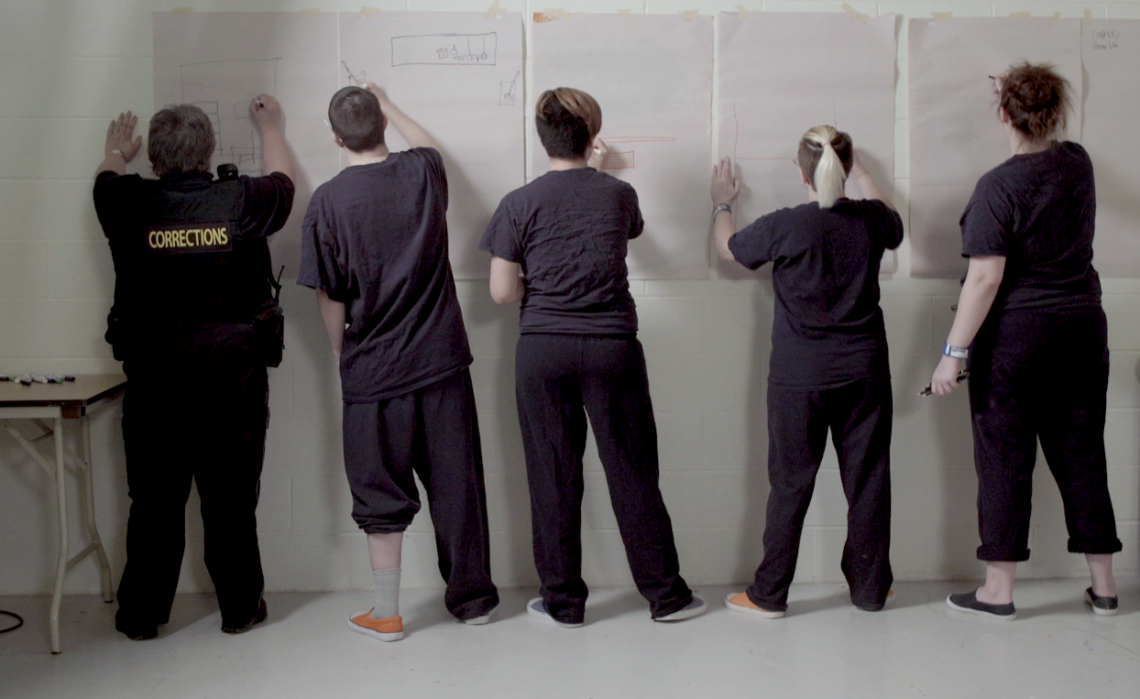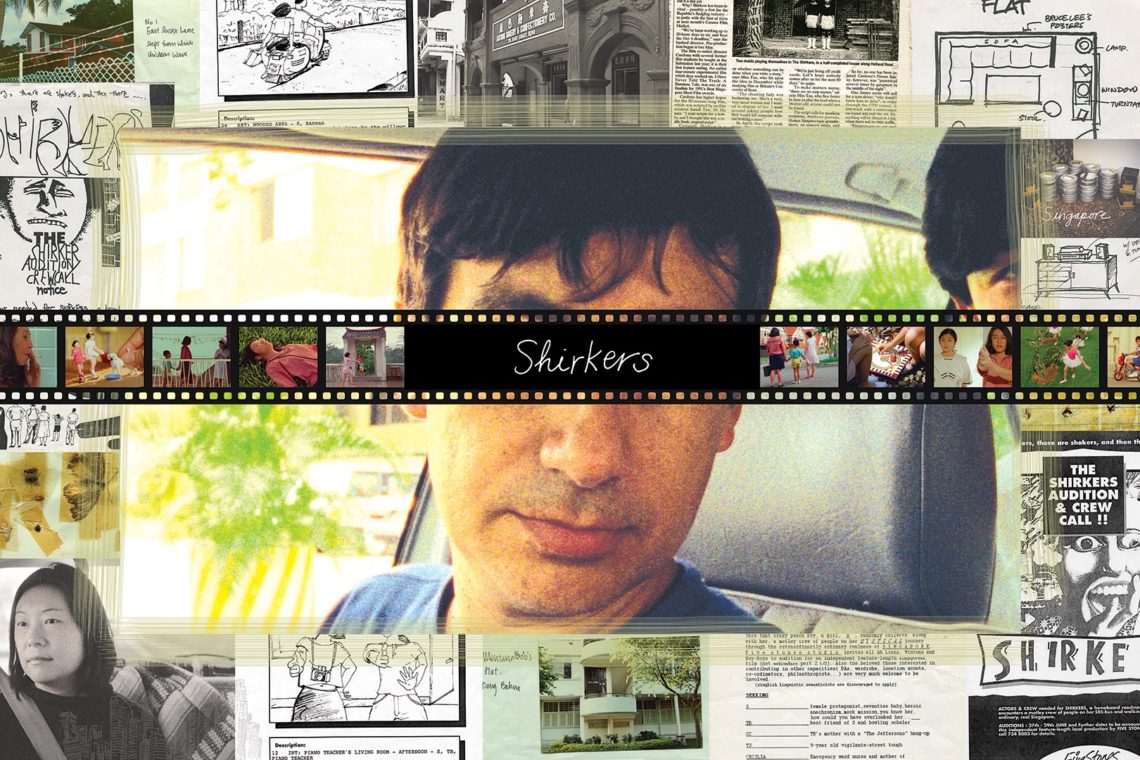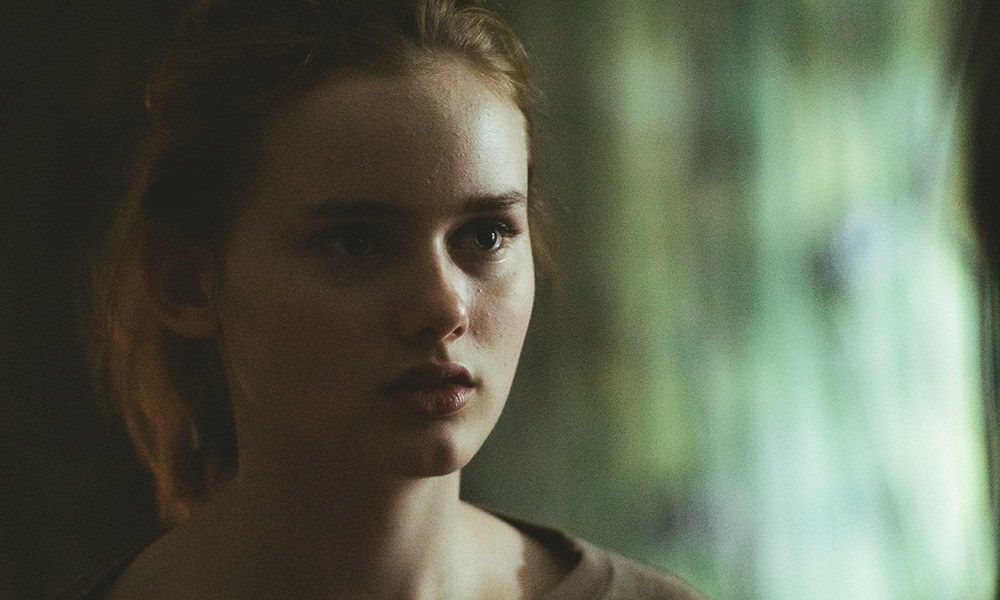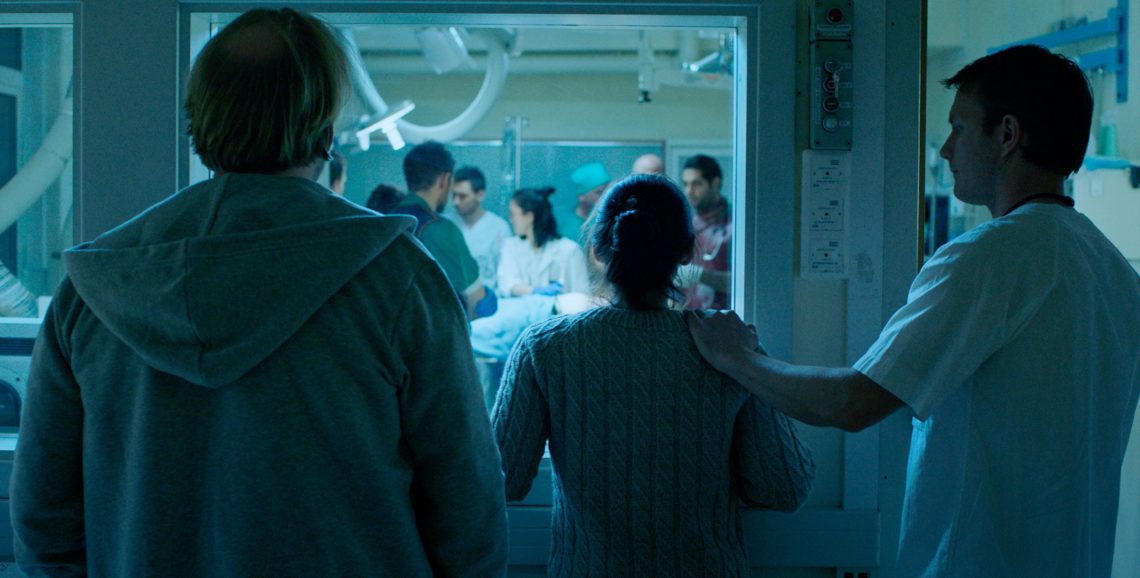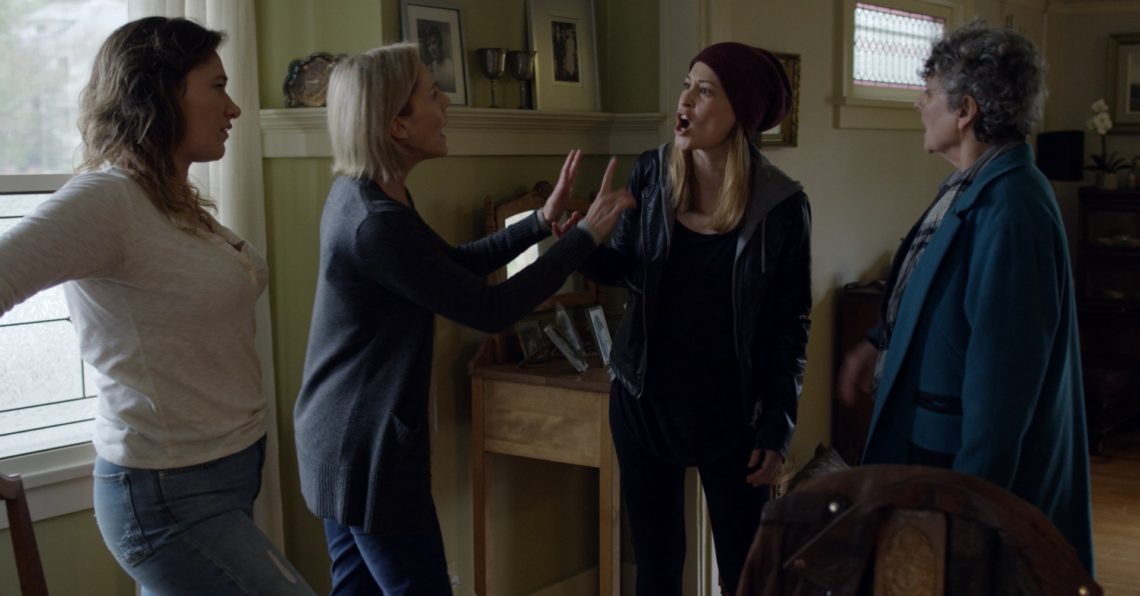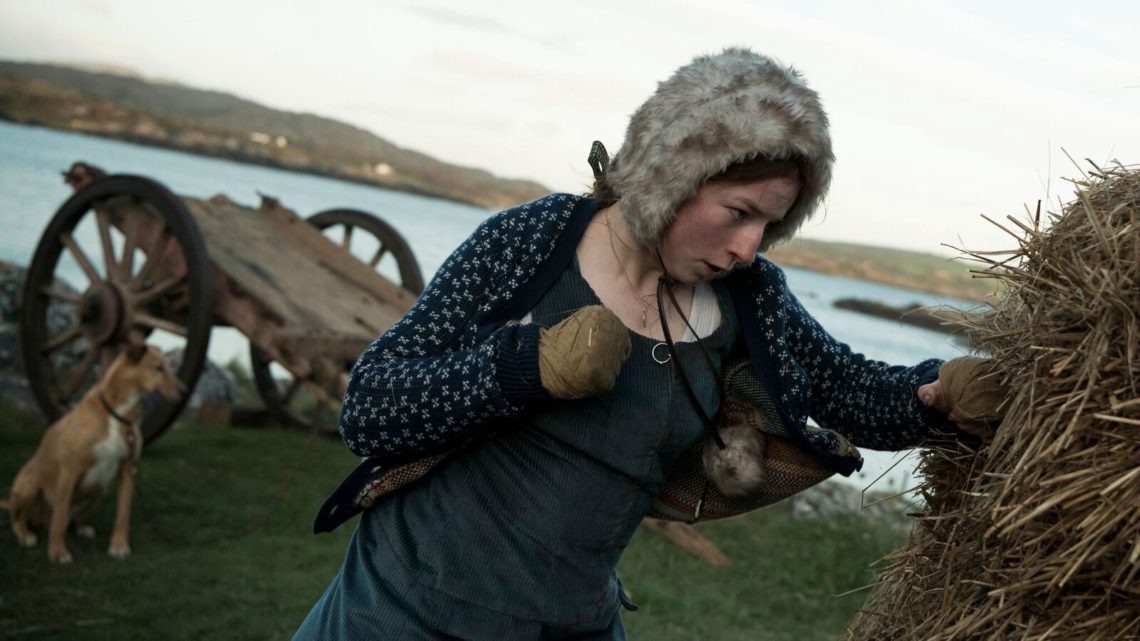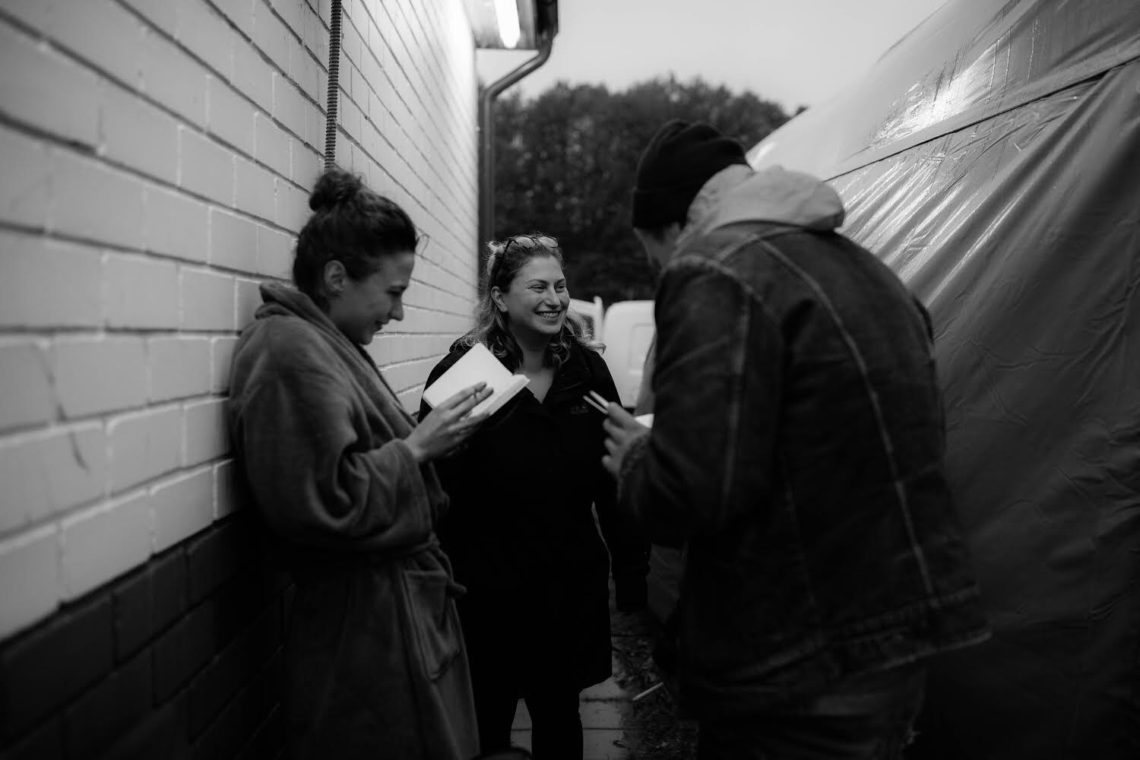-
Lina From Lima Interview: María Paz Gonzalez
“You have to dare to explore complex female characters with contradictions that go beyond the stereotypes built by a macho culture.”
-
ZANA Interview: Antoneta Kastrati
“In telling this story of war and recovery it was important for me to talk about patriarchy and society’s constructed beliefs that further imprison women. Furthermore, I do not see oppression and brutality at home as separate from violence and brutality in war.”
-
Mouthpiece Interview: Norah Sadava and Amy Nostbakken
“You see when that happens, if its a woman’s view I can feel it instantly when I’m watching a film. I can tell that a female character is written by a woman because I can connect and feel something really deep.”
-
Conviction Interview: Ariella Pahlke and Teresa MacInnes
“We wanted to turn around [the conventional documentary format] and have them offer their solutions and their ideas. To be in control of what they wanted to share and how they wanted to share it. We felt strongly about giving the women a voice in whatever way they wanted to have a voice.”
-
Shirkers Interview: Sandi Tan
“I never thought it was that much of a possibility for me there because there were no film classes, there was no film school. You are just watching a lot of movies and making movies in your head. So I was a filmmaker a long time before I became a physical filmmaker.”
-
Phoenix Interview: Camilla Strøm Henriksen
“It’s very important to have somebody who believes in you or who sees you, like in the film, they don’t really have the parents but they have each other if you have one person that can help a lot.”
-
Blind Spot Interview: Tuva Novotny
“Now, more than ever, it is extremely important to use this momentum and use it well, to lay a foundation for a future where stories are told by and for all genders, ethnicities, nationalities.”
-
Kingsway Interview: Gabrielle Rose and Camille Sullivan
“Also telling our stories is really important for young people in Canada. All of the diversity, all of the multiculturalism, all those stories need to be told so that we have, we feel our identity. We feel really proud of our identity, so let’s have it reflected in our art.”
-
Float Like A Butterfly Interview: Carmel Winters
“I recognised there was great power in seeing a young female Irish Traveller in this light on screen. It took quite a while to get the film financed — I think because as a society we are slow to celebrate the greatness of women. But the harder it was to get made the more I knew it was needed!”
-
Summer Survivors Interview: Marija Kavtaradze
“I always wanted to be what I saw on screen. And I want girls and women to see as many different female portraits as possible — strong, cool, romantic, ambitious, aggressive, silly, ugly, pretty or whatever.”
